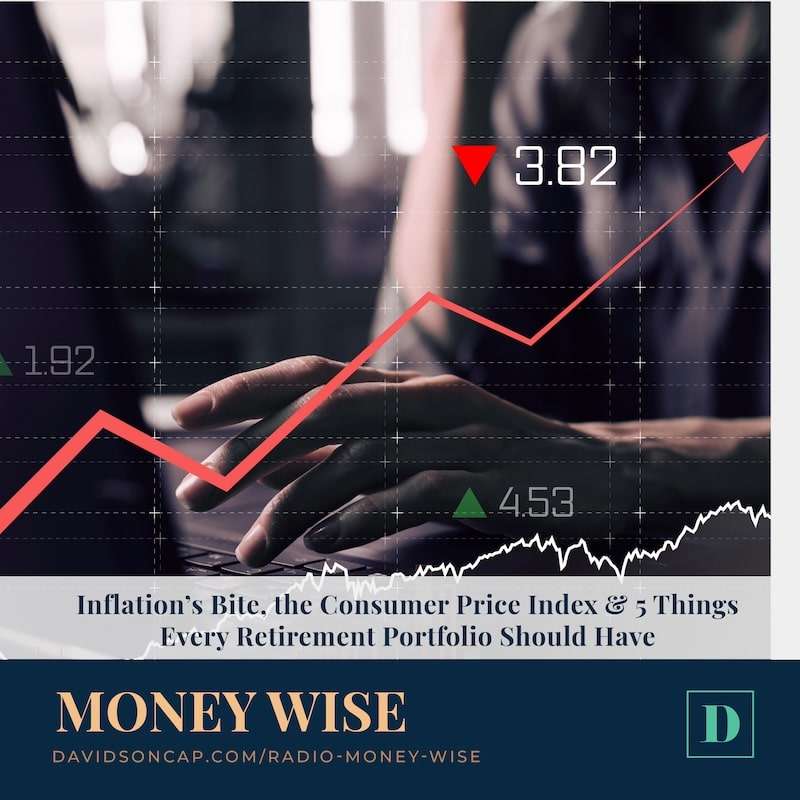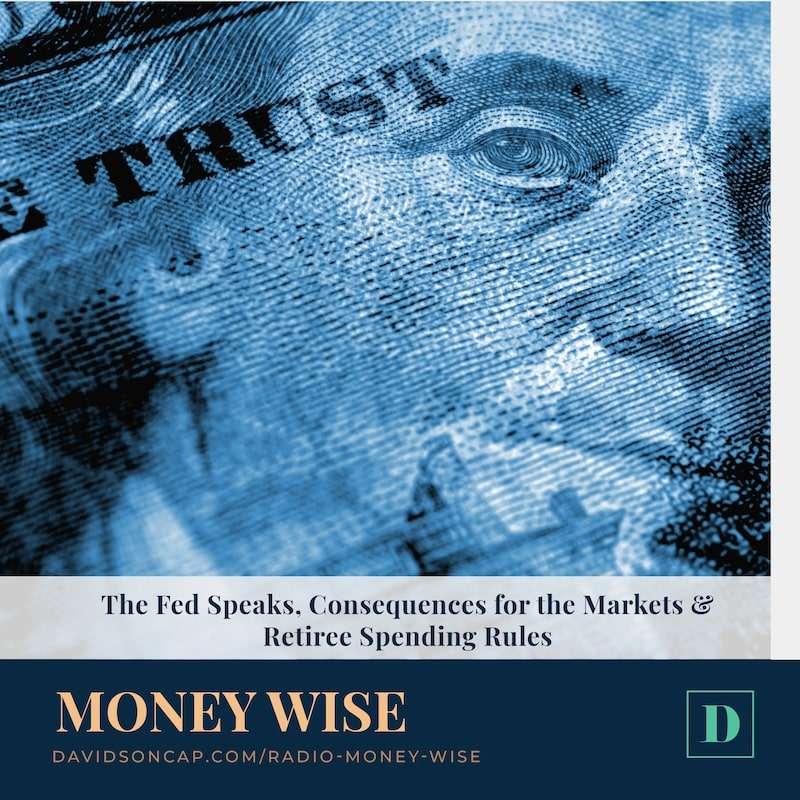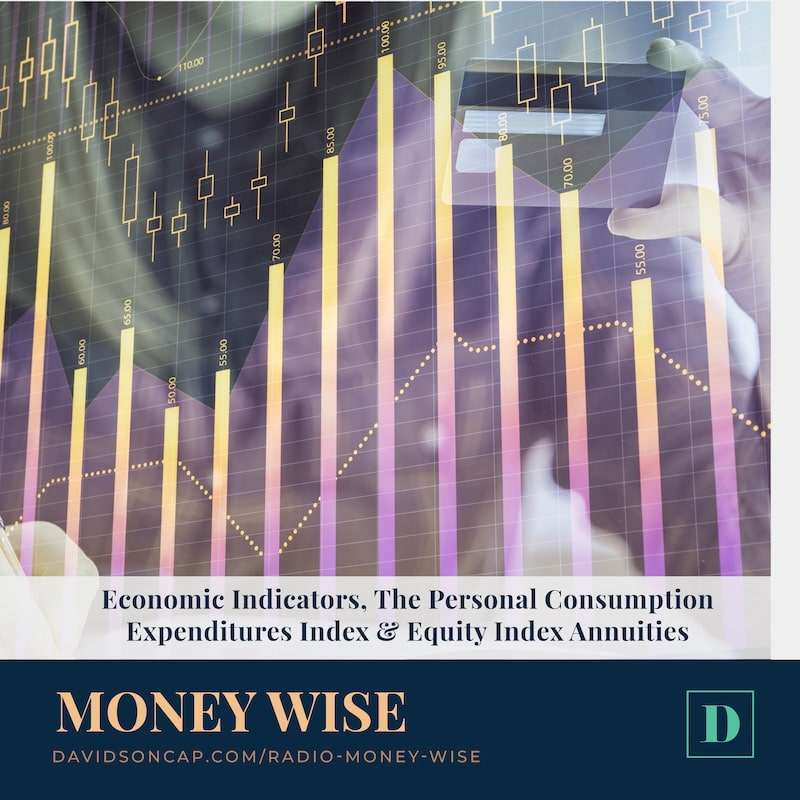How to Manage Your Retirement Risk and Stretch Your Savings
Retirement is all about embracing a different mindset and investing after retirement is no different. If you’re looking to make your nest egg work for you in your golden years, one of the biggest changes you’ll have to consider is shifting your financial focus. Instead of paying attention solely to building wealth, it’s imperative to also think through how you can live off that savings, both in the short and long term.
Because so much is on the line—running out of money in retirement is a scary prospect—it may seem like a lot to handle at once. But there is good news: there are plenty of ways you can reduce your risk and potentially even grow your portfolio after your working years are behind you.
Read on for expert advice on how you can extend the life of your nest egg by being savvy about investing after retirement.
Managing Market Risk in a Volatile Market
A smart investment strategy can go a long way in preparing for retirement. With a lot of time to weather the ups and downs of market conditions, leaning on investments with historically proven long-term returns makes sense before you retire.
When you’re in your prime earning years, you can afford to play that long game to your advantage, making the most of down markets. But when you’re retired and you don’t have the same source of income, you don’t have the luxury of time or as much comfort rolling the dice and taking a loss. We define this as an investor’s risk capacity. The older an investor becomes the smaller their risk capacity is in their investment portfolio. But don’t confuse risk capacity with risk tolerance since risk tolerance is defined as an investor’s psychological/emotional aversion to risk.
It’s typical to shift too much safer investments post-retirement, ones like bonds that are more immune to sudden, sharp declines. Managing that market risk can help protect your finances against the unknown.
Managing Longevity Risk in Retirement
The average length of retirement is 18 years, but many people enjoy retirements that last decades. Knowing you may need to rely on your investments for 20 or 30 years to come, it’s a good idea to consider some growth-oriented investments. This can help you combat cost of living increases and keep up with inflation so that you don’t find yourself in a bad financial spot. It’s all about how much you need, preservation of capital, and mitigating uncertainty.
The key: grow your investments enough to keep up your standard of living for the years to come and focus on low-risk opportunities.
Key Investment Considerations
When you’re focused on growing your nest egg, start with these four considerations:
- Begin With Budget: A budget is always a good idea, no matter your stage in life. Understanding how and why you’re spending can help you plot an attainable course of action. Make sure to adjust your budget as necessary. We call this step creating your financial road map.
- Build in Flexibility: A budget is smart, but it isn’t always a certainty. It’s impossible to predict your expenses with total precision. Build in some flexibility when planning the size and timing of your withdrawals. As a bonus: this can also help you better manage your tax bill.
- Sufficient Liquidity: Sometimes, you may need funds on short notice. To ensure you have what you need when you need it, build sufficient liquidity into your portfolio. Consider fixed-income investments or even selling appreciated equity investments periodically. We recommend maintaining 3-4 months of monthly expenses held in a local savings or checking account.
- Portfolio Volatility: As seen above, there are ways to navigate volatile markets that won’t leave you high and dry. It’s easy to get caught in a cycle: taking distributions in down markets, liquidating investments at inopportune times and prices, and disrupting the entire long-term plan. We recommend avoiding “chunking” your investment portfolio which means taking a chunk of your nest egg out to cover an expense. While chunking can’t always be avoided make sure you analyze whether your chunk distribution is for a want or an absolute need.
Keep in mind you don’t have to go it alone. Working with a Registered Investment Advisor (RIA) like Davidson Capital Management means you’ll have professional guidance from a team that always works with your best interests in mind.
Options for Investing After Retirement
There’s no one-size-fits-all approach to investing after retirement, but there are common strategies that can help to extend your retirement savings while mitigating risk.
- Annuities: This insurance product is one of the most recommended by the financial services industry (the sales side) for any investor transitioning into retirement. One of the biggest reasons is the tremendous commissions made by the advisor selling the annuity. There are so many downsides to investing in annuities—which we have discussed at length on our Money Wise Podcast frequently. There’s a lot of fine print and they come with some of the heftiest fees on Wall Street. If you are looking into annuities to help you meet your specific retirement goals, don’t! Avoid annuities at all costs. (And please, I beg of you, read up on The Dangers of Equity Indexed Annuities!)
- Certificates of Deposit: Certificates of deposit (CDs) are savings accounts that offer a fixed interest payment if you keep your money in place and untouched for a long period of time. When you cash out your CD, you get what you invested, plus interest.
These are very safe investments, since their growth and value aren’t based on market performance. Of course, the downside is that often the rates offered are so low that you can’t keep up with the price of inflation. Having CDs as a small percentage of your portfolio can be a helpful strategy depending on your specific needs, especially when mixed with more growth-oriented investments.
- High-Quality Dividend Stocks: Stocks can help you keep up with inflation rates while growing your portfolio, provided you choose to invest in the right opportunities. Stay away from high-valuation companies, which tend to suffer most in a market downturn. Focus instead on quality companies with a history of paying regular dividends that grow over time. While dividends aren’t guaranteed, they can serve as a source of income regardless of the stock’s valuation. To risk-proof your retirement, pair high-quality dividend stocks with steadier investments. But don’t solely focus on a company’s dividend yield. You must analyze a company’s underlying fundamental strength. Don’t get caught in a dividend trap which is a company that pays a high consistent dividend but has weak underlying fundamentals. Receiving a 5%-10% dividend payout is worthless if your underlying investment in the company has unrealized losses greater than your dividend yield due to its weak operating fundamentals.
- Bonds: Bonds can be a reliable income source, though yields are usually lower than you’ll find in some equity investments. If you hold a bond to its maturity date you’ll receive your principal investment back, while having a low-risk income source that can help sustain you throughout retirement. A common strategy is to build a bond ladder, where you have a suite of bonds that all mature at different times. Use matured bonds to fund new bond purchases, and you can have a steady stream of income to help maintain your lifestyle for years to come.
Maximize Your Nest Egg
The key to making your retirement as anxiety-free as possible is a smart investment strategy that’s customized to your goals and your life. Creating a solid investment plan starts with knowing who you are as a person. Your comfort level with risk capacity, knowledge of how you want to live, and plans for the future are the foundations for creating a portfolio that works for you.
At Davidson Capital Management, we have offered disciplined, transparent investment management services to the State of Texas and beyond since 1989. Reach out today to learn more about our fee-only investment management services and how we can help you create a sound strategy for investing after retirement. We have financial advisors in San Antonio & Corpus Christi ready for you to schedule a call.




